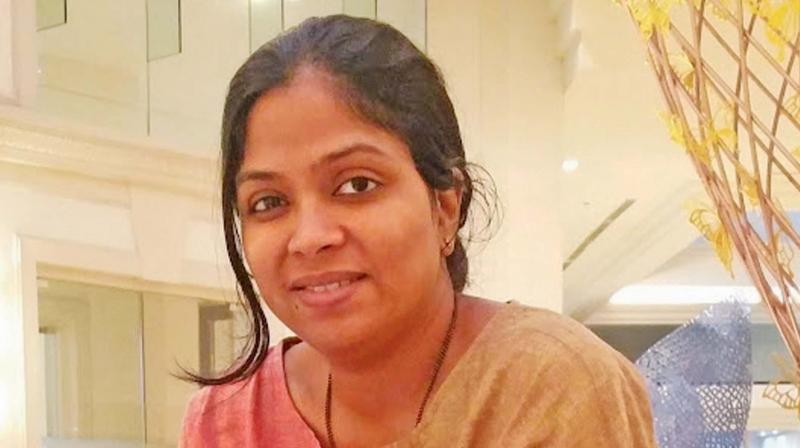Aadhaar verdict creates checks and balances: Lawyer
A total of 31 petitions had challenged Aadhar citing violations of the right to privacy.

Chennai: The Supreme Court verdict upholding the constitutional validity of Aadhaar has created checks and balances by dispensing with the mandatory linking, but the concerns of the petitioners on whether the State should have access to data needs to be allayed, opines Preeti Mohan, advocate practising in the High Court, and partner J&M Legal.
“While I respect the verdict and am grateful for the checks and balances it has created, by dispensing with mandatory linking, I am personally not completely in agreement with the reasons for upholding it for Income-Tax purposes, and welfare schemes. While on a first look, the Court has made a distinction between public authorities [such as the I-T Department], and private entities, the concern of the petitioners was not confined to just sharing of data with private entities, but the very need for the State to have access to such information,” she said reacting to the verdict.
A total of 31 petitions had challenged Aadhar citing violations of the right to privacy. The five-judge constitution bench led by Chief Justice Dipak Misra, delivered the verdict upholding the constitutional validity of Aadhaar. In a four-one majority judgment, the court cleared the use of Aadhaar for access to welfare schemes, but struck down attempts to make it mandatory for bank accounts, mobile phone connections and school admissions. It limited the use of the 12-digit Aadhaar number for linking to citizens’ PAN (Permanent Account Number) information for the filing of income-tax returns, and government welfare schemes.
“A question also arises as to how the government is welcoming this verdict as balanced. If they thought it creates a necessary balance by not permitting sharing of data, the question that arises is as to why the Government itself did not examine this position. This is pertinent as the right to privacy judgment came last year, and would have entailed re-examination of the law on this touchstone at the very least,” Ms Preeti who had moved the court against the project last year, said.
”My opposition to the project began several years ago, when UID was conceived. At that point, there was no law in place. It seemed like subsequently, the law was framed in a bit of a hurry, just to see the project through. There were several serious flaws in it, of utmost concern to any citizen, including the threat to privacy, and beyond this, the complete power that the state would have over its citizens,” she added.
She had filed a writ petition before the high court, just before the deadline for income-tax filing, to avoid having to obtain an Aadhaar. While an interim order was passed in her favour and she could file her return manually, the petition was dismissed. While upholding the Aadhaar's validity, she said, "the Supreme Court has substantially diluted what data can be collected, and how it can be stored and used, which I would say is a significant outcome for the petitioners.”

